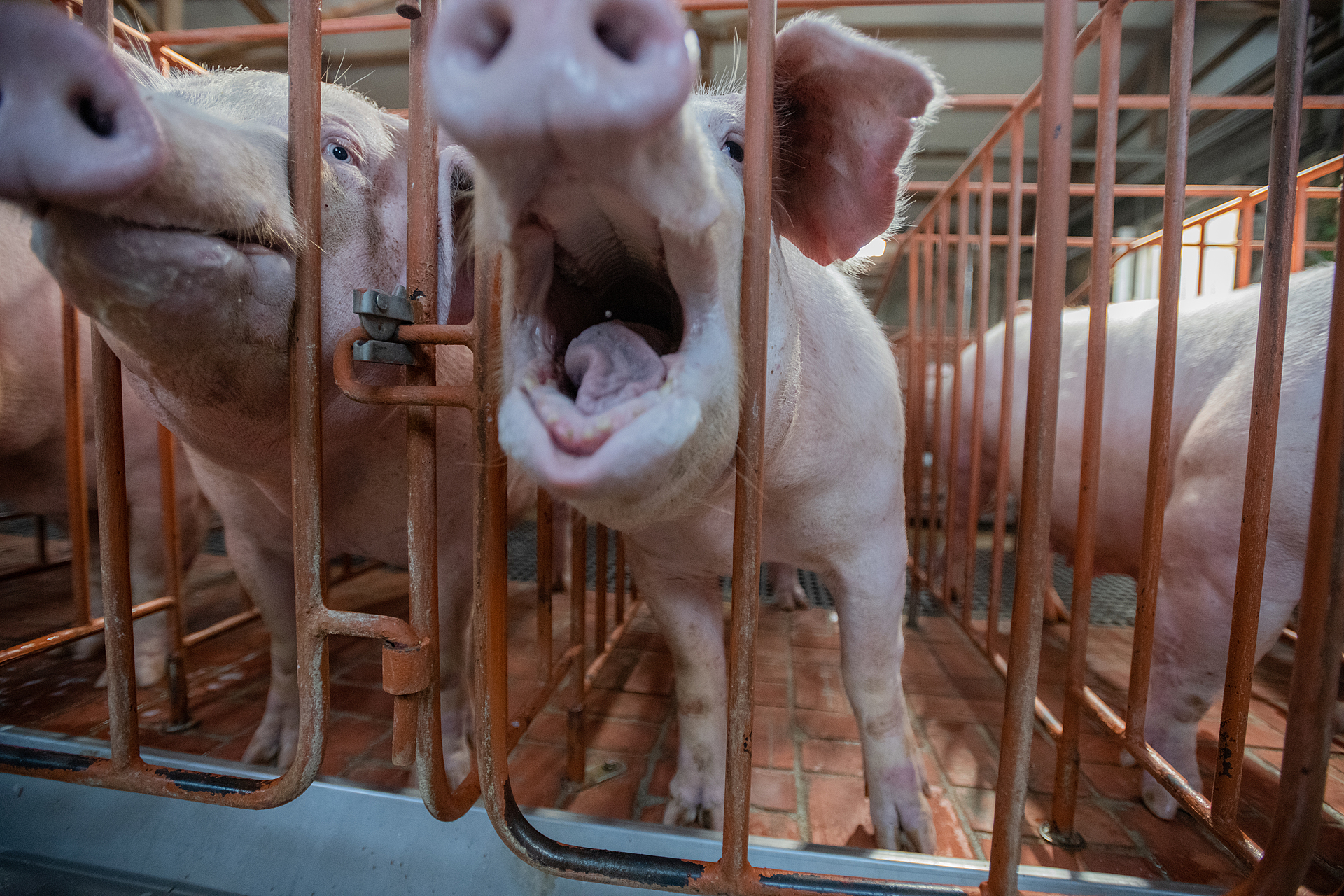Brazilian Central Bank sees animal welfare violations as a risk
Stop Financing Factory Farming
15th September '21

In September, The Brazilian Central Bank announced a new resolution that includes practices associated with “trafficking, cruelty, abuse, or mistreatment of animals” into the list of issues that can pose environmental risks for investments, credits, and other financial services made by financial institutions in the country.
The regulation requires financial institutions to have a governance structure that addresses the exposure to risks in a way that is proportional to the size of the exposure. This way, banks with a large agriculture portfolio such as Banco do Brasil, may have to report on this matter. If the risk is considerable, the financial institution should identify, measure, monitor, evaluate, report, control, and mitigate these risks under its risk governance structure.
“This is a very important step as it will require financial institutions to start considering if they are exposed to animal welfare related risks, if so to what extent, and if they can do anything to reduce those risks,” says Merel van der Mark, Sinergia Animal’s finance and animal welfare manager. She explains these analyses may lead more financial institutions to adopt policies that will prevent them from financing the worst practices of animal welfare.
Check out the policy of Banco do Brasil and other Brazilian banks, and send them a message to encourage them to adopt strong animal welfare policies.
This was originally published by Sinergia Animal.
